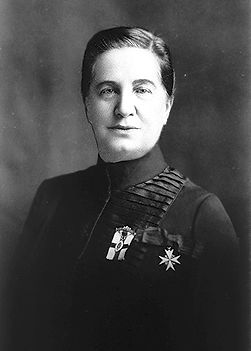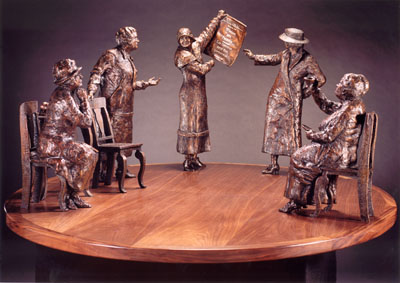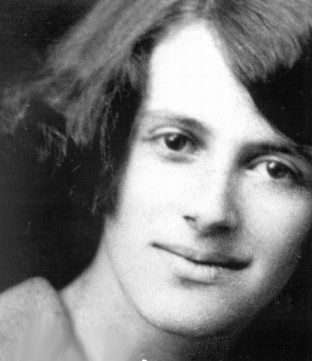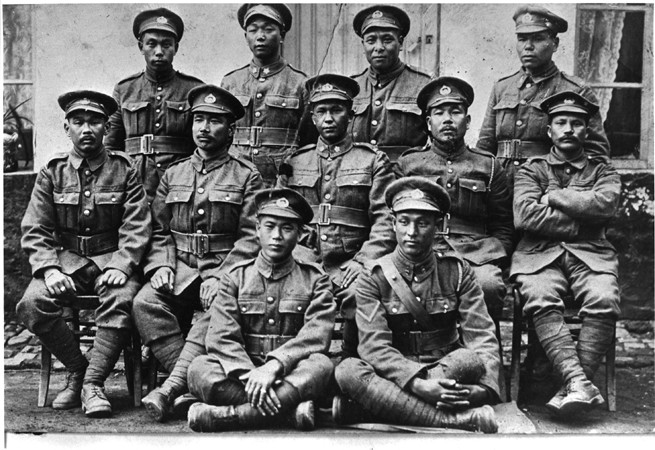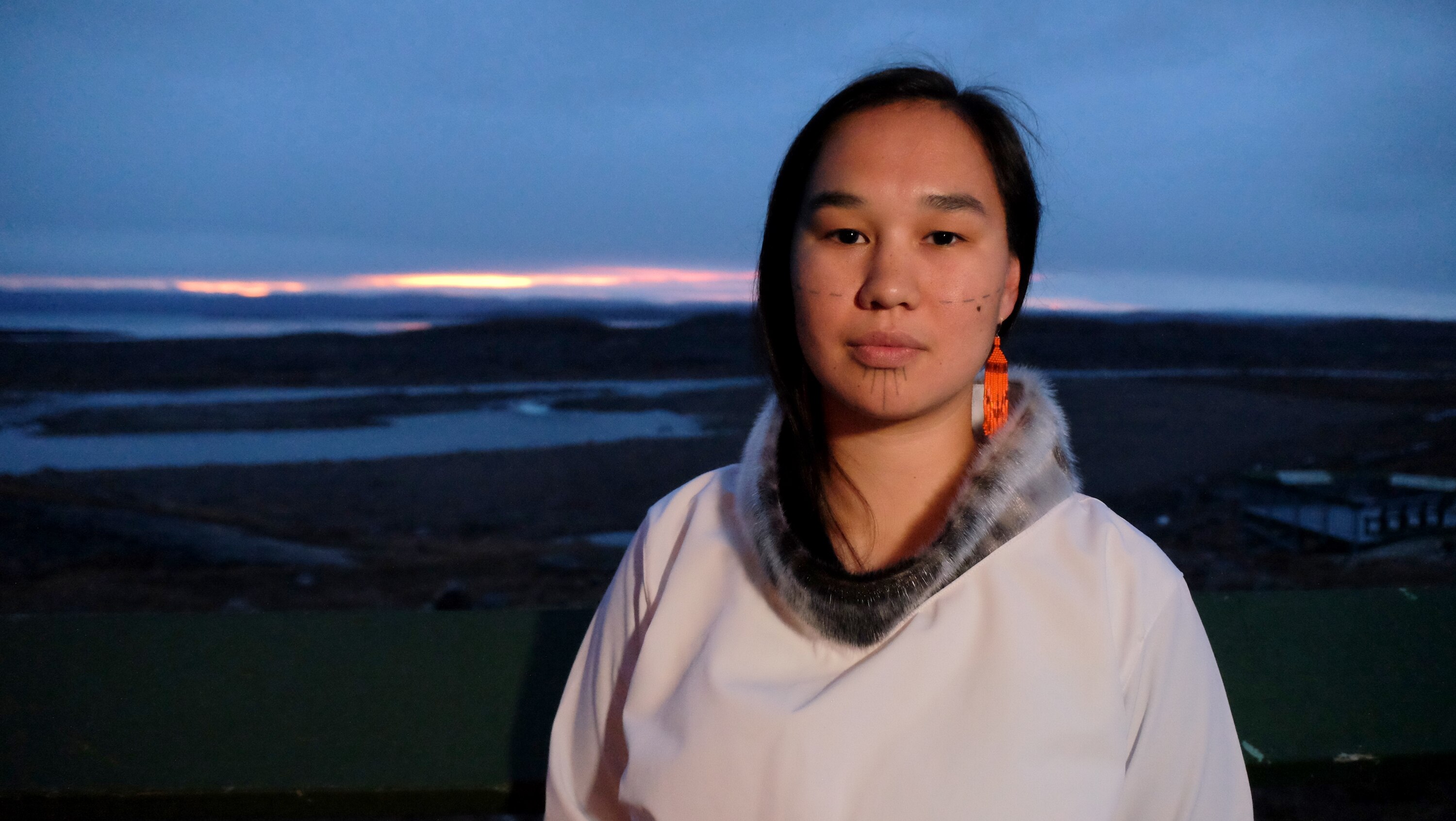Article
Emily Murphy (Plain-Language Summary)
Emily Murphy (née Ferguson), pen name Janey Canuck, writer, journalist, magistrate, political and legal reformer (born 14 March 1868 in Cookstown, ON; died 27 October 1933 in Edmonton, AB). Emily Murphy was the first woman magistrate (justice of the peace) in the British Empire. She was also one of the Famous Five behind the Persons Case. It ruled that women were persons in the eyes of the law. Murphy was an outspoken feminist and suffragist. She is also controversial. Her views on immigration and eugenics have been seen as racist and elitist. She was named a Person of National Historic Significance in 1958. She was made an honorary senator in 2009. This article is a plain-language summary of Emily Murphy. If you are interested in reading about this topic in more depth, please see our full-length entry: Emily Murphy.

